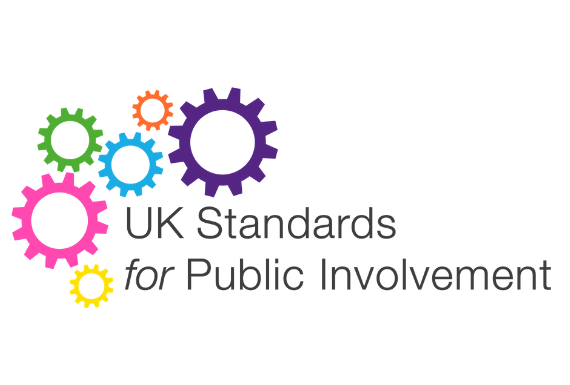Public Involvement (PPI) is fundamental to guarantee that research is carried out ‘with’ or ‘by’ members of the public, rather than ‘to’, ‘about’ or ‘for’ them.
The UK Standards for Public Involvement in research, which have been designed to improve the quality and consistency of PPI in research in the UK, have been published last month.
These standards are aiming to provide:
• an adaptable framework for good PPI in research;
• reflection and learning ideas, including examples of lessons learned when public involvement has failed to lead to expected outcomes;
• a tool to help people and organisations identify what they are doing well, and what needs improving;
• a framework to be used with any method or approach to public involvement in research.
These standards cover 6 main areas:
- INCLUSIVE OPPORTUNITIES: to offer accessible involvement opportunities for the public and to facilitate access to the right people and groups, according to research needs.
- WORKING TOGETHER: to allow working together in a way that values all contributions, in a mutually respectful and productive relationship.
- SUPPORT AND LEARNING: to offer and promote support and learning opportunities to build confidence and skills for public involvement in research.
- COMMUNICATIONS: to use a lay language for well-timed and relevant communications, as part of involvement plans and activities.
- IMPACT: to identify and share the positive impact that public involvement has on research.
- GOVERNANCE: to involve the public in different aspects of the research, including management, regulation, leadership and decision making.
These standards can be used by anyone: members of the public, research organisations and public involvement facilitators.
